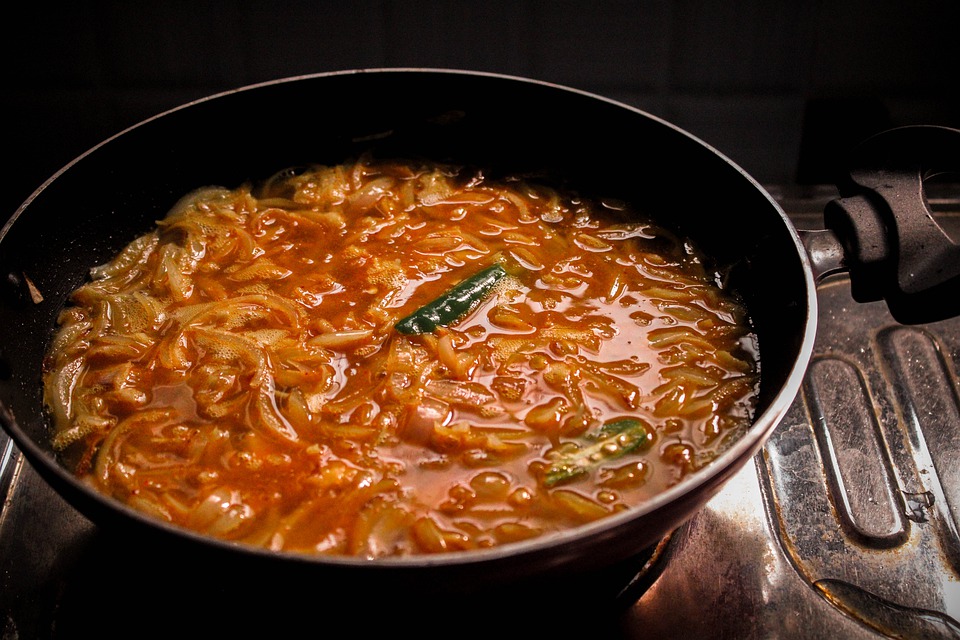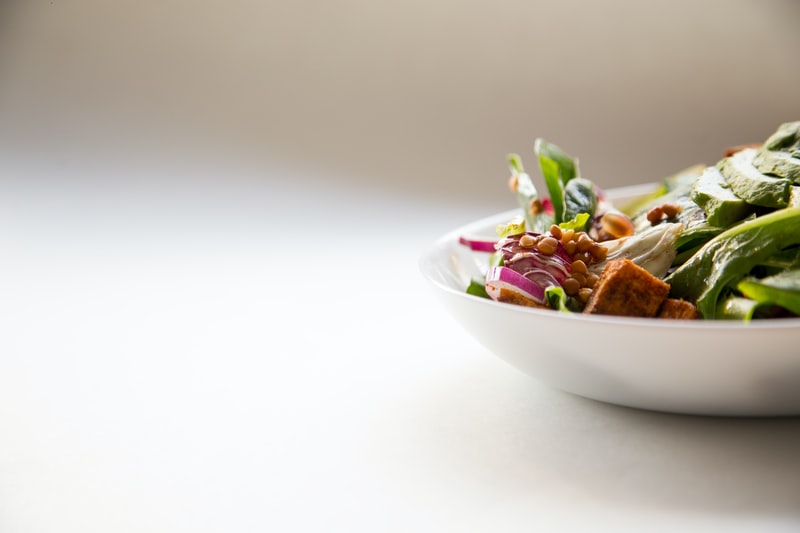The news is bleak. Wildfires rage, ice caps melt, floods devastate communities. It hurts to watch, and the question hangs heavy: what can one even do?
Believe it or not, your fork is a powerful tool. The food we choose has ripple effects far beyond our own bodies. Going vegan, or even just eating less meat, could be part of the solution our planet desperately needs.
Planet-Saving Power: How Veganism Helps
- Slashing Greenhouse Gases: Cows and other livestock belch out methane – a gas far more potent at trapping heat than even carbon dioxide. And that’s not all. Animal agriculture is responsible for a whole cocktail of harmful emissions. A plant-based diet, on the other hand? It leaves a much lighter carbon footprint. Studies show it could cut food-related emissions by a staggering 49-70%!
- Saving Our Precious Water: Thirsty cows, water-guzzling feed crops…meat production is draining our freshwater supplies. Think about it this way: a single hamburger takes the water equivalent of months of showers. Plant-based foods? Far less thirsty. That spares water for drinking, sanitation, and keeping our ecosystems alive.
- Protecting Forests and Wildlife: Rainforests are bulldozed and grasslands are plowed under – all to make room for cattle or their food. It isn’t just about trees; countless wild creatures lose their homes. Plant-based diets use less land, letting forests regrow and giving endangered animals a fighting chance.
- Fighting Ocean Pollution: Factory farm waste turns rivers toxic and creates vast ocean “dead zones” where nothing can survive. Imagine how much cleaner our waters could be if we simply ate more plants!
“But I Need Meat to be Healthy!” (And Other Myths)
There’s this idea that you need to eat meat. Not true. Carefully planned vegan diets give your body everything it needs. The official position of the Academy of Nutrition and Dietetics is that plant-based eating is healthy for all stages of life – even pregnancy!
That said, not all vegan diets are equal. Processed junk food, even if technically vegan, won’t make you glow. Think whole foods: fruits, veggies, beans, whole grains. And yes, everyone (not just vegans) needs to ensure they’re getting enough vitamin B12.
Foods for High Cholesterol and Why They Matter
Heart disease ain’t no joke. High cholesterol is a major culprit, and you know what’s loaded with the bad kind? So, what are the worst foods for high cholesterol? Saturated and trans fats are found mostly in animal products. The good news is, there are delicious heart-healthy fats too: think avocados, nuts, olive oil.
Here’s where those sneaky vegan burgers can trip you up. Many are highly processed and still packed with unhealthy fats. The magic is in whole foods, whether your diet includes meat or not.
Vegan for Everyone? It’s Complicated
The world’s a complex place. For some, access to fresh produce is a struggle. Others lack the knowledge to craft balanced vegan meals. Let’s be real – sometimes, it’s a question of tradition, too. Your grandma’s famous meatballs might be tied to deep feelings of love and heritage.
The point is, there’s no single right answer. Full-fledged veganism isn’t the only way to help. Reducing your meat intake matters, even if it’s only a few days a week. It’s a spectrum, and every step towards eating more plants helps the planet and likely boosts your own health, too.
Conclusion: Make a Difference, One Bite at a Time
You don’t have to wear a cape to save the world. Your power lies in the choices you make every day, including what’s on your plate.
If going plant-based piques your interest, don’t be afraid to experiment. One meal, one day, one delicious recipe at a time. You’ll be surprised at how those small steps add up to a healthier you and a healthier planet.




